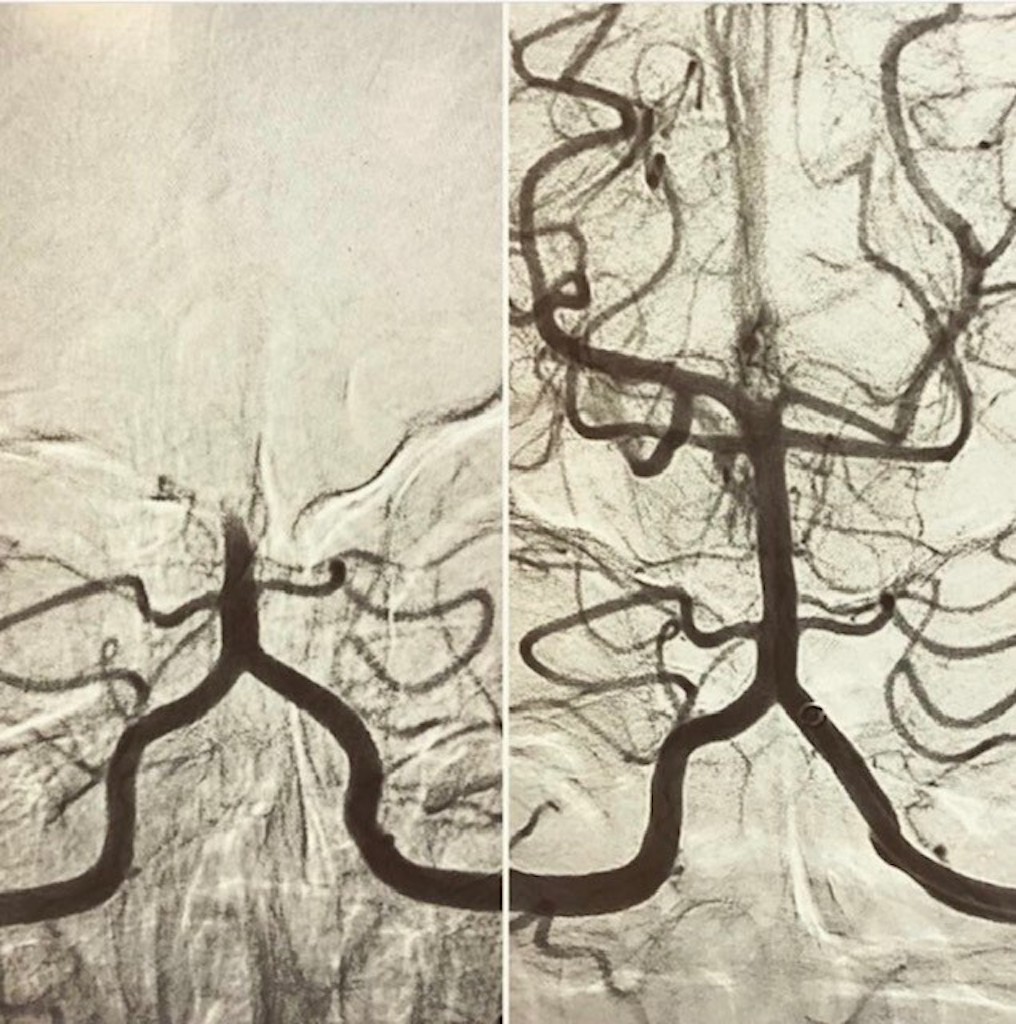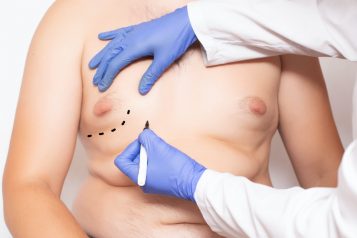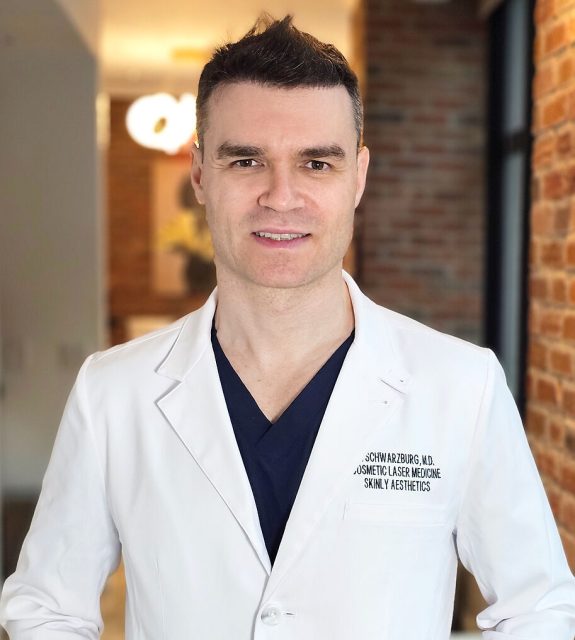On October 29 join the American Heart Association (AHA) to raise awareness on World Stroke Day. This year, the AHA is honoring stroke survivors by inviting you to ride in their Cycle Nation fundraising event. The digital experience will include special celebrity guests, head-to-head competitions and celebrations for riders’ fundraising and distance achievements.
The goal is to raise $1 million and ride 1 million miles. Participants that want to go beyond the bike, can run or walk instead of ride and rack up miles. Attendees will raise funds to help people live longer, healthier lives and celebrate after their ride with a Livestream featuring Olympic gold medalist and stroke survivor Michael Johnson and Tim Omundson, stroke survivor and actor.

Photo Credit: American Heart AssociationStrokes are the number one cause of death globally each year. They don’t discriminate. They can happen to anyone, at any age – and about one in four people worldwide will have one in their lifetime. The good news? Up to eighty percent of first strokes may be prevented with lifestyle adjustments and/or medication.
Prevention is the first step in reducing the number of strokes every year. Much of what puts you at risk for a stroke also increases the risk for complications if you get COVID-19, including uncontrolled high blood pressure, smoking and obesity.
“High blood pressure is a leading cause of stroke,” said Jennifer Campbell, Executive Director of the American Heart Association. “Up to 40% of Black adults and over 40% of the LatinX Community in the U.S. have high blood pressure, so keeping blood pressure in mind and under control is key,” she added.
The top 5 tips to preventing stroke according to the American Heart Association.
- Keep blood pressure in mind and under control. Get your blood pressure into a healthy range (120/80 or lower). High blood pressure is the No. 1 controllable risk factor for stroke. Work with your doctor to manage it through lifestyle changes and/or medication.
- Eat colorful fruits and veggies. Eating a heart-healthy diet that includes plenty of colorful fruits and vegetables has been shown to lower blood pressure over time. Some fruits and vegetables are especially rich in vitamins and minerals that improve brain function and heart health. Try mangoes, avocadoes and blueberries.
- Rest up. Getting 7-9 hours of quality sleep each night can improve brain function right away – and in the long term. Make it happen with a soothing bedtime routine and avoid screen time before bed. Sleep-related breathing issues may increase stroke risk, so seek treatment right away if you suspect sleep apnea or a similar problem.
- Meditate. Emerging science shows practicing mindfulness and being aware of your breathing may significantly reduce blood pressure and may improve blood flow to the brain. A quick way to be mindful any time is to pause, notice your breath and take in little details in your surroundings.
- Take a walk. Getting active activates brain cells, encouraging them to grow and connect more efficiently. For clear health benefits, adults should get at least 150 minutes per week of moderate activity or 75 minutes of vigorous activity (or a combination of those activities). In addition, two days per week of moderate- to high-intensity muscle-strengthening activity is recommended.
For more information, visit www.Stroke.org/WorldStrokeDay






















